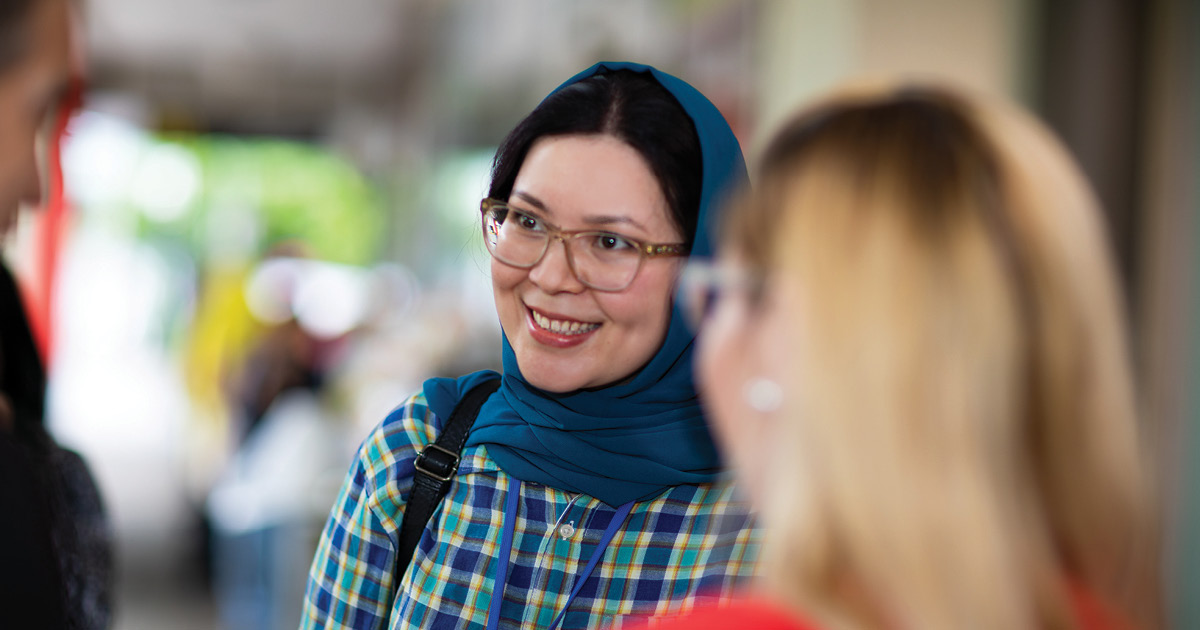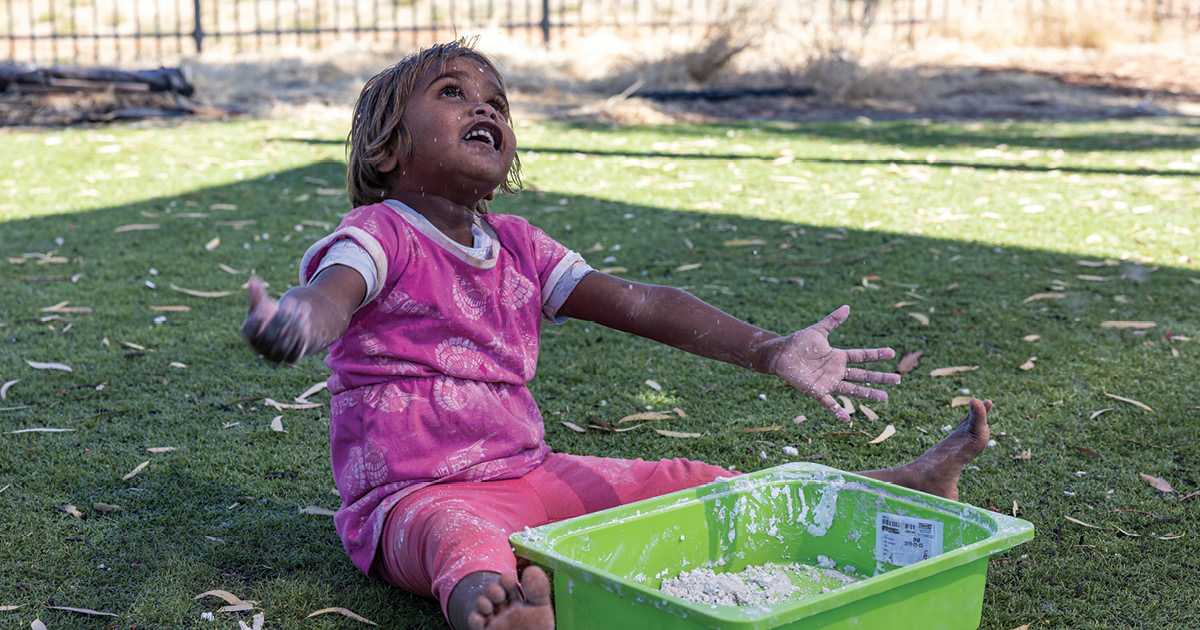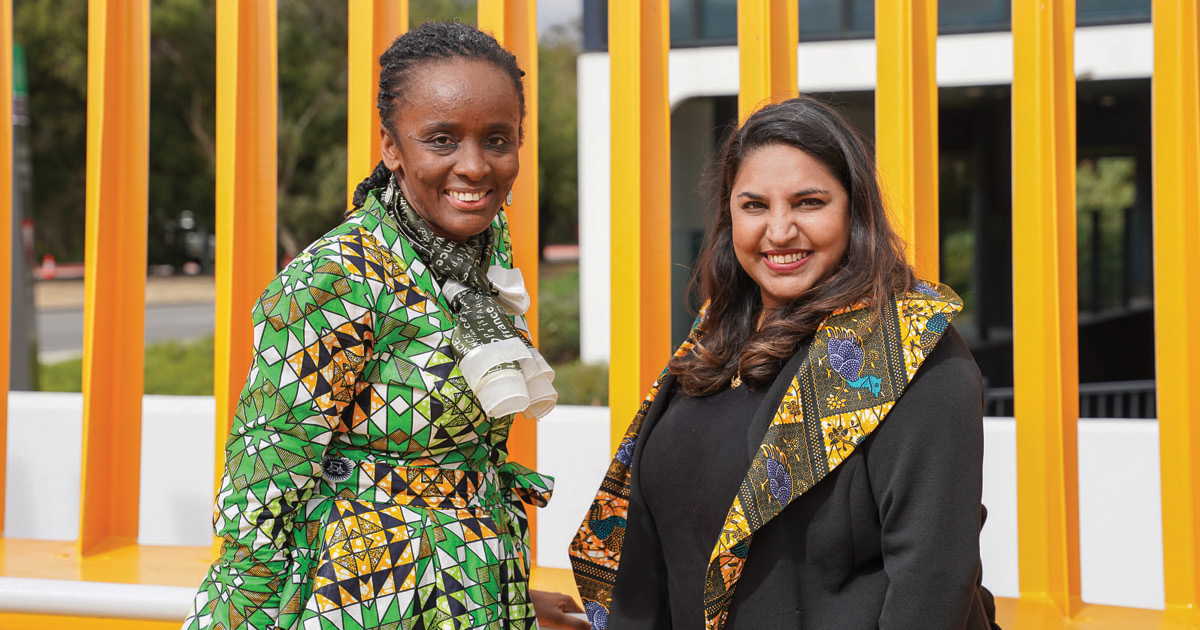Search
Research
Taste-Masked Flucloxacillin Powder Part 1: Optimisation of Fabrication Process Using a Mixture Design ApproachIt is extremely challenging to formulate age-appropriate flucloxacillin medicines for young children, because flucloxacillin sodium (FS) has a lingering, highly bitter taste, dissolves quickly in saliva, and requires multiple daily dosing at relatively large doses for treating skin infections. In this paper, we describe a promising taste-masked flucloxacillin ternary microparticle (FTM) formulation comprising FS, Eudragit EPO (EE), and palmitic acid.
Research
Paediatric Medicinal Formulation Development: Utilising Human Taste Panels and Incorporating Their Data into Machine Learning TrainingThis review paper explores the role of human taste panels and artificial neural networks (ANNs) in taste-masking paediatric drug formulations. Given the ethical, practical, and regulatory challenges of employing children, young adults (18-40) can serve as suitable substitutes due to the similarity in their taste sensitivity. Taste panellists need not be experts in sensory evaluation so long as a reference product is used during evaluation; however, they should be screened for bitterness taste detection thresholds.
Research
Strep A (Group A Streptococcus)Streptococcus A is a bacterium often found in the throat and on the skin.
Research
Language DevelopmentLanguage is one of the most remarkable developmental accomplishments of early childhood. Language connects us with others and is an essential tool for literacy, education, employment and lifelong learning.

In 2006, when a Japanese scientist building on the earlier work of a British biologist discovered a way to reprogram adult cells into other cell types – making them ‘pluripotent’ – the scientific world was entranced.

It’s a brave move to upend your entire family to seek a fresh start – or safety – in a new country: even braver when the country you’re moving to has a completely different language, structure and cultural outlook.

A unique initiative is combining research, action and advocacy to deliver evidence- based improvements to the health and wellbeing of Aboriginal families in Perth and Western Australia’s north west.

Three hundred and fifty million people live with an undiagnosed disease worldwide and three quarters of them are children.

The Kids Research Institute Australia is at the forefront of a global effort to track and prevent malaria – one of the world’s leading causes of disease and child deaths, particularly in developing countries.

Alarming statistics laying bare the social emotional wellbeing and mental health challenges facing Aboriginal and Torres Strait Islander LGBTQA+ youth are driving a multi-partner program to provide them with greater support.
